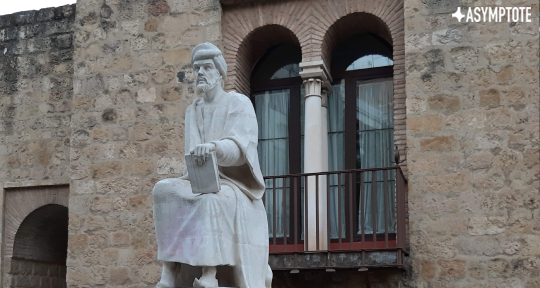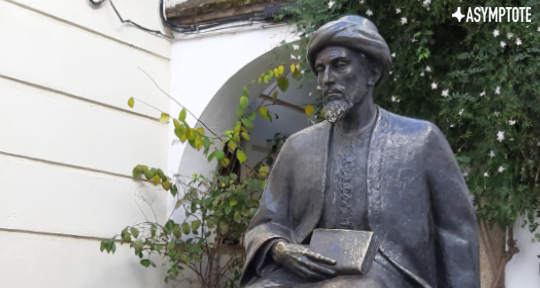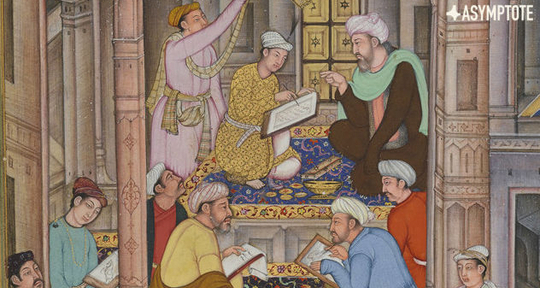The great Islamic conquests of the seventh and eighth centuries changed the Near East and beyond politically, culturally, and, in a particularly profound and lasting way, linguistically, resulting in the near hegemony of the Arabic language. This new Islamic world took shape around an original and powerful new religion, but the consolidation of an Islamic civilisation was also a period of immense cultural exchange and mutual influence, not only from fellow Abrahamic traditions such as Judaism and Christianity, but also from the world of classical Mediterranean antiquity. Indeed, while knowledge of classical Greek science and philosophy fell into virtual oblivion in the Christian West, Islamic scholars kept the tradition alive by means of large scale translation projects and sophisticated philosophical works, from the Persian Avicenna to Baghdad’s legendary house of learning and the Andalusian polymath Averroes. In this interview, Professor Peter Adamson of the Ludwig-Maximilians-Universität München talks us through this fascinating and often overlooked period in philosophical history by exploring the works of translation that made it possible.
Jonathan Egid (JE): By the time the grand translation projects of the early Islamic world began, the wonders of classical Greek philosophy had attained the status of ancient wisdom, almost one thousand years old and already much discussed and much translated. How did the works of Greek thinkers come to be translated into Arabic, and what was the interest in these ancient and foreign ideas?
Peter Adamson (PA): This was a process that unfolded over the course of centuries. The translation movement begins already in the eighth century CE and continues well into the tenth century. It was basically an initiative of the elites under the Abbasid caliphate, including even caliphs themselves and the caliphal family, who also had philosophers as court scholars. For instance, al-Kindī, the first philosopher to make explicit use of Hellenic materials in his own writing, was tutor to a caliph’s son and dedicated his most important work to the caliph himself. The translators were well paid experts, so this was a very deliberate and expensive undertaking managed from the top down. It should, however, be said that it was not something that was undertaken in a vacuum. For quite a long time there had already been translations made from Greek into Syriac and other Semitic languages, and these were a model for the Arabic translations (sometimes literally: it was known for works to be translated first into Syriac for the purpose of making an Arabic version on that basis). Also I would say the translation movement had a kind of momentum of its own: whereas at first the texts to be translated were really selected by the elite and for a variety of practical or political motives, eventually they get to the stage where they are translating the entire output of certain thinkers, or at least everything they can get their hands on, in a kind of completist project. So for instance, one of the greatest translators, Hunayn ibn Ishaq, was clearly trying to translate whatever he could by Galen, the most important Greek medical authority, while his son Ishaq ibn Hunayn worked his way through Aristotle.
READ MORE…



